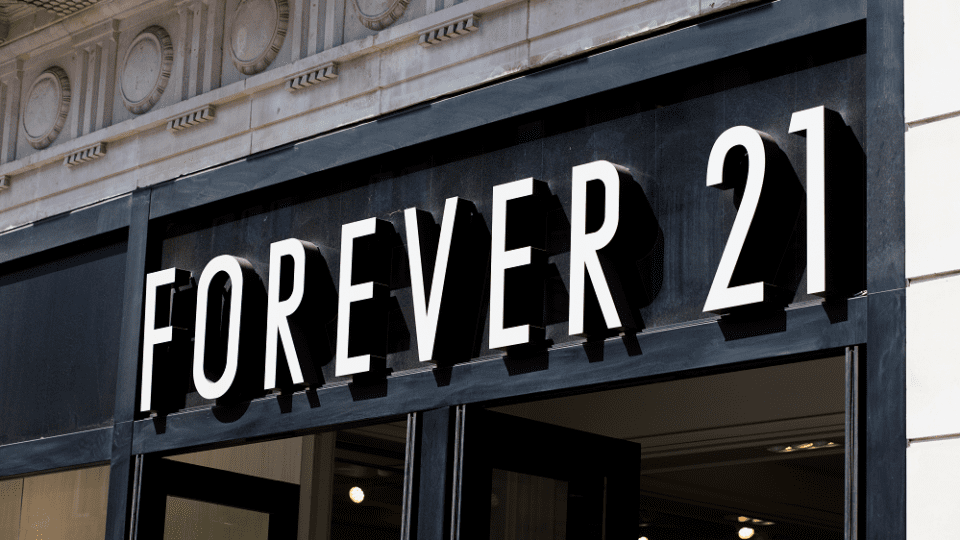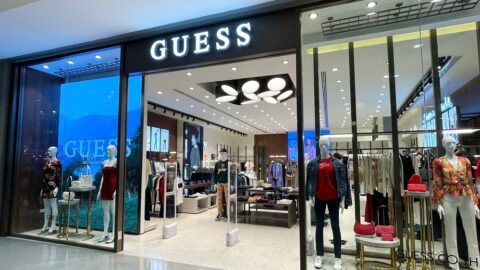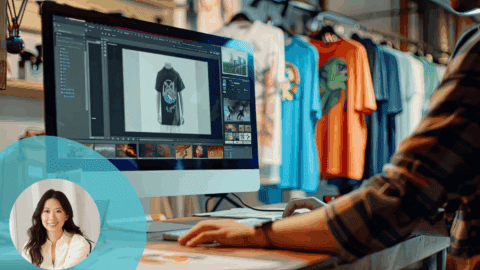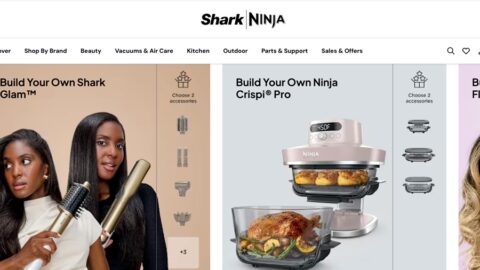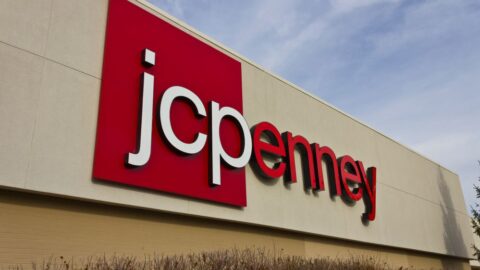Shein and Forever 21 are joining forces in a deal that will allow Forever 21 to sell its youth-focused apparel to Shein’s 150 million online users. The deal may eventually include Shein shop-in-shops at some of Forever 21’s 540 brick-and-mortar stores, which are heavily concentrated in malls, as well as offering consumers the ability to return Shein items at Forever 21 locations.
Shein has acquired an approximately one-third interest in Forever 21’s operator SPARC Group, a joint venture that includes Authentic Brands Group and Simon Property Group, with SPARC becoming a minority shareholder in Shein. Financial terms of the deal were not disclosed.
Forever 21 goods will be sourced and manufacturing by SPARC and sold to Shein, according to the Wall Street Journal. The Journal quoted Jamie Salter, Founder and Chief Executive of Authentic, saying the partnership could later expand to include additional SPARC brands “as Shein establishes itself more like an Amazon-type marketplace.” SPARC’s other brands include Reebok, Aéropostale, Lucky Brand, Eddie Bauer and Brooks Brothers.
“Shein is thrilled to have SPARC Group as a partner and minority shareholder and we look forward to finding new ways to delight our customers through the potential of this partnership,” said Donald Tang, Executive Chairman of Shein in a statement. “The powerful combination of Simon’s leadership in physical retail, Authentic’s brand development expertise and Shein’s on-demand model will help us drive scalable growth and together make fashion more accessible to all.”
Forever 21 has been seeking to expand its omnichannel offerings as a way to stay relevant with Gen Z consumers, which it sees as key to avoiding a repetition of strategies that led to its 2019 bankruptcy.
Shein also has been on an expansion path of its own:
- In October 2022 Shein launched Shein Exchange, a platform for buying and selling previously owned Shein products;
- In May 2023 Shein opened its platform to third-party sellers; and
- In June 2023 Shein expanded its product assortment beyond fashion.
At the same time, Shein has tried to distance itself from allegations that its fast fashion operating model is environmentally disastrous, as well as accusations that its products contain cotton from China’s Xinjiang region, where the U.S. has accused China of committing genocide and using forced labor in its repression of Muslim Uyghurs.



